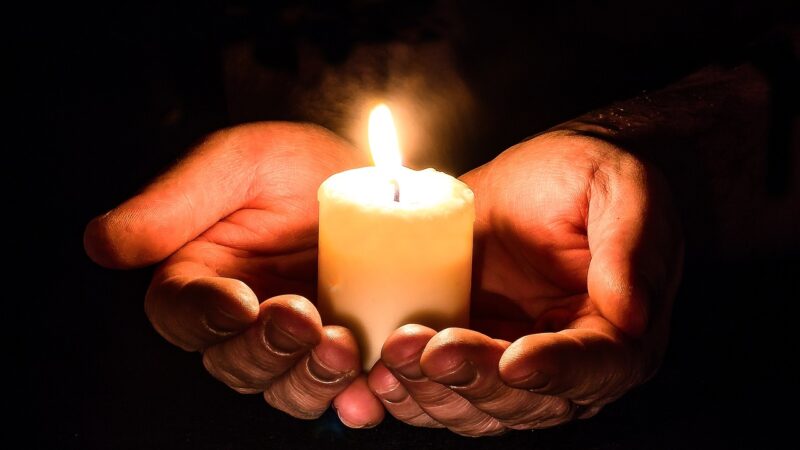
Mindfulness is often couched in metaphor. Read books by the chief architect of modern mindfulness, Jon Kabat-Zinn, and you’ll find mindfulness exercises taking you to mountains and lakes, forests and rivers.
I’m going to follow that tradition of metaphor and start by telling you about my troublesome time machine.
I have a troublesome time machine. It’s like Dr Who’s time machine in that it takes me to times and places I’m not expecting to go. Times I don’t want to visit. Places it’s upsetting for me to be. Times and places that leave me anxious or depressed.
Instead of Daleks and Cybermen my futures are filled with medical catastrophe and family hardship. Full of people who are threatening to me and everyday places where I feel in danger.
The past is fair game for my troublesome time machine too. Something triggers a trip, the present moment dissolves, and I’m in the past at some wished-to-be forgotten time to re-live the danger and hurt there. To unhelpfully re-learn some no longer appropriate lesson.
My troublesome time machine is of course my own mind worrying about the future and revisiting past events.
Mindfulness has helped.
It isn’t the theme of this piece but let me say how mindfulness has not helped. By doing so I can go on to say how it does help to manage difficult and sometimes unmoving issues.
Mindfulness has not been able to keep my troublesome time machine – my mind – from travelling. The present moment seems alien to it and I’m certain fighting to stop the trips will only waste my energy. If I were to win, it may leave me less of the person I am, curtailing my creativity and insightfulness.
Mindfulness has helped me to accept who I am. How I am. What I am. My mind will travel but I’m no longer a helpless, frightened, passenger. I can gently guide it home, back to the present moment.
Mindfulness hasn’t stopped the fear, pain or anxiety rising from the places my mind visits.
It isn’t a cure for such thoughts and feelings. It isn’t going to take them away from me. Instead I’ve learned to let those feelings come and simply be with them. To sit with them. To observe them. To experience them non-judgementally, without getting carried away by them. I know that they will pass and in the meantime I can be curious about how they flow, their rise and their fall, their effect on my body and on my thoughts.
Mindfulness hasn’t stopped or reduced the recurrence of my illness.
Mindfulness does speed my recovery. As I come out of depressions that sometimes lead to suicidal thoughts and hospital admission, I can be gentle on myself. Being critical of myself can hurt me. Mindfulness allows me to accept how I am, illness and all.
Mindfulness doesn’t stop the irritability that comes with my illness. Angry outbursts hurt my personal relationships and it’s my closest who suffer most.
Other therapies didn’t help me understand how to manage my anger but mindfulness has given me some tools. Again, to observe my emotions. Not as good or bad, just as an experience, one of many each day. By being aware I can decide how to respond, I don’t have to let my emotions decide how to respond for me.
Mindfulness is a skill. It takes work. So does any therapy. It takes regular practice. Like any skill. It isn’t a short-cut and the courses we attend only set the scene, but I find it enjoyable and rewarding. You may read that Mindfulness comes with many benefits. The one benefit I would commend to you is peace. It helps me find some peace in life.